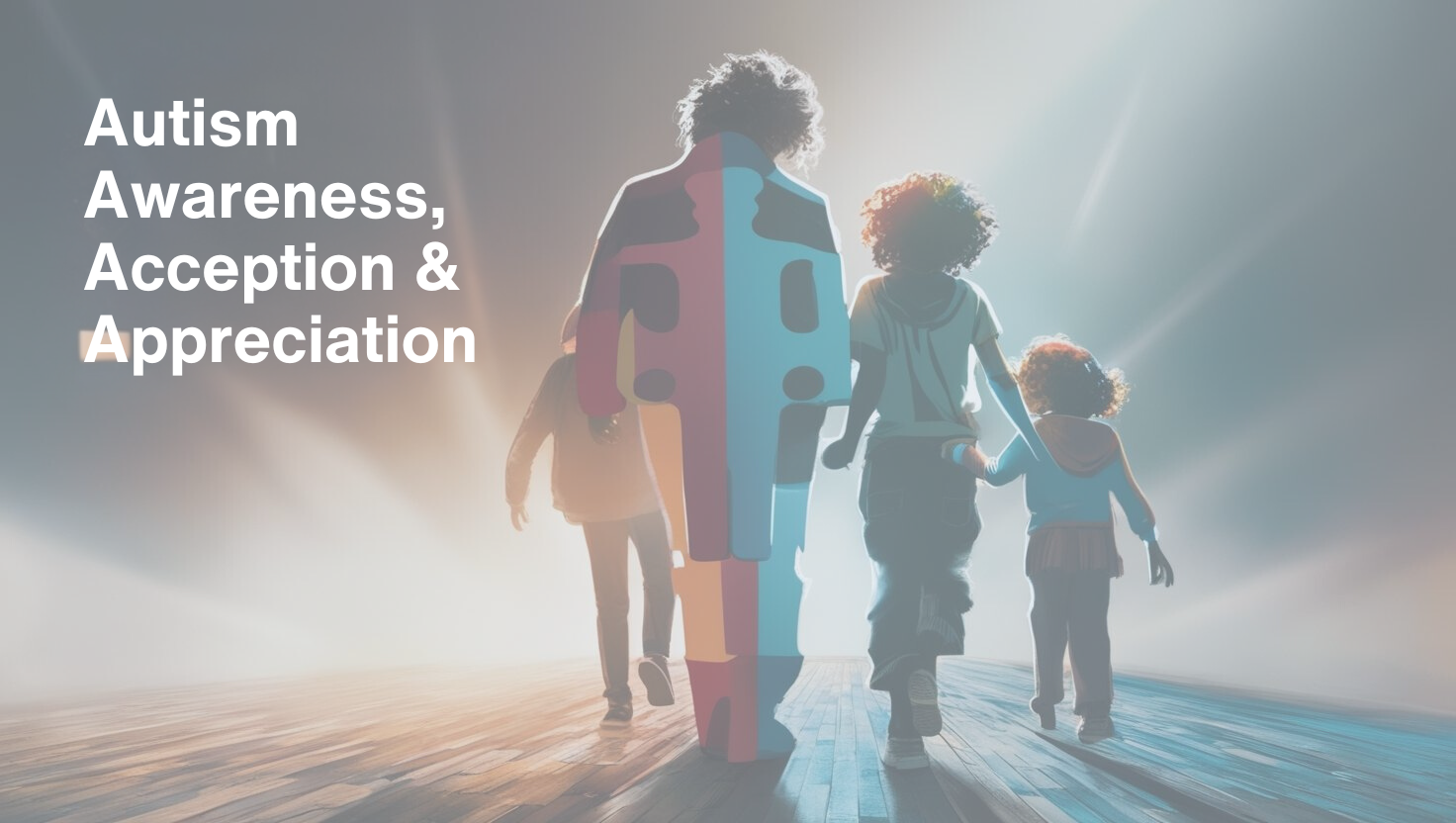Mental health
Mental Health Awareness Month
From parenthood to caregiver, child to provider, mental health and our well-being can play major roles in how we are able to go about our daily lives.
“Mental health includes our emotional, psychological, and social well-being. It affects how we think, feel, and act, and helps determine how we handle stress, relate to others, and make choices.
Mental health is important at every stage of life, from childhood and adolescence through adulthood.” -SAMHSA
As a caregiver or provider of someone who is in need of daily support, our tanks can run close to empty often. Fatigue, irritability, and extreme emotions are all noticeable signs of needing to stop, step away, and recenter ourselves. But what about those less noticeable signs? The ones that creep up and often are met with explaining the feeling away.
Mental health can also be experienced as isolating or pulling away from activities or people we otherwise would surround ourselves with. Feeling more confused or forgetful than normal, eating too much or too little, a sudden onset of aches or pains in our bodies can be signs that we need to stop, assess, and find ways to reset so we are able to come back and meet our day with our best selves.
Try this the next time you feel overwhelmed, overworked, or out of sorts:
- Get enough sleep or rest
- Find an outdoor activity that allows for 30 minutes or more of sun(Vitamin D, y’all!)
- Communicate with your doctor and keep them in the know
- Practice good self-care
Your mental health matters. YOU matter!

Related Posts
You may also like this

Autism Acceptance
TIPS, TRICKS, and MORE!
Hop over to our Instagram, @summithealth_aba for daily tips on how to maintain your mental health.
Sign Up for our Blog
Never miss an opportunity to stay in the know again.



